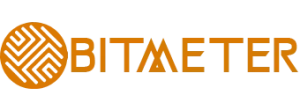Fork (Software)
When an entirely new program has been developed from source code, taken from an open source software.
What Is a Fork (Software)?
Forking within software is when an entirely new project is created by developers who have used source copy from another software package. Forking creates a new path for the software, splitting it into a different version. In the open-source community forking is very common and generally thought of as positive.
Often forks happen when a significant number of developers branch off in a different direction in order to improve upon the project and potentially to replace it.
Developers begin by taking a legal copy of course code from a software package and starting their own development on it, creating a new version of the software. Free and open-source software makes this possible and legal, without violating any copyright laws. This means that this type of software can be legally forked without obtaining any prior permission from those managing the project of distributing the software. The idea is then to release your improvements so that the entire community can benefit from them.
While forks are seen as a symbol of freedom, resulting in useful updates, they can often occur because of clashes between the developer communities, igniting opposing views. The largest group of developers is usually the one who will keep the original name and hang on to the user community. Software forks can divide developer communities, with the split either being amicable, or filled with resentment.
Competing projects can also mean that developers no longer share code, with successors, resulting in future problems of legitimacy, ownership and direction.
Unlike free and open-source software, proprietary software is licensed by copyright owners, who have exclusive legal rights. A fork can only take place with this type of software if the owner of the copyright has granted permission and needs a fork to create a new version of the software.
